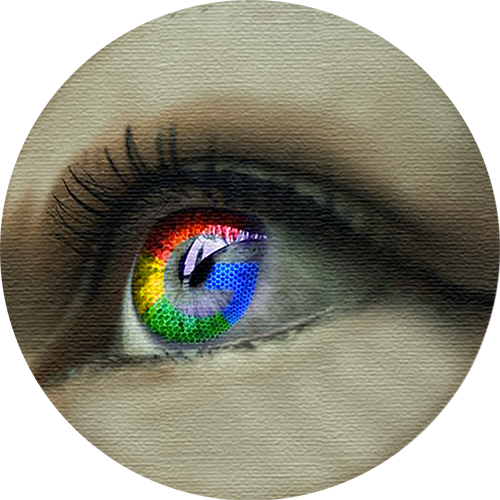
WOMEN MATTERS
RESILIENCE AND EMOTIONAL INTELLIGENCE
YEAR 2109 EPISODE 3
March 19th at 6 PM CEST/ 11 AM PT
Resilience and emotional intelligence
ABOUT THIS EPISODE
The last two meetings of Women Matters talked about resilience. This time we want to explore the connection of resilience with emotional intelligence. Can we grow in emotional intelligence? Can we grow into being more resilient? Is that the same or something different?
The conversation took place on on March 19th, 2019,
If you want to be part of the conversation, connect with us!
Women matters March 2019
Resilience and Emotional Intelligence
0:00 Intro of all participants: Dorothy Stern-Kucha, Luna Veovelli, Tammy Lea Meyer, Heidi Hornlein. Heidi: Emotional intelligence and Enneagram #4
5;00 Luna explains the family constellation work, where it comes rom, what it does. Listening to the body’s wisdom.
6_30 Dorothy: a definition of Emotional intelligence (NYT article), self awareness, self management, empathy, relationship skills. /a not somatic approach!)
8:55 Tammy about her support to the Appreciators and Gertraud’s book: The traffic light model. Emotional stage, brain capacity and to connect.
11:05 What does emotional intelligence mean?
D: Tool that allows to step back and go ahead with grounded understanding. A story about her son supporting her and her husband in an emotional situation with a friend. Opening possibilities. “Emotional Wisdom”, allowing to respond in a resilient way. Find ways to begin again.
15:00 Luna: in resonance with constellation work: bringing consciousness.
Are we born with emotional intelligence= Can we grow in that?
16:10 Tammy thinks that we LEARN it. A story from her twenties: she got suggested to read the book Emotional Intelligence, to learn to take care for herself in emotional situations.
18:40 Heidi: How do we learn to not be overrun by the emotions?
19:30 Dorothy: Self-calming, different skills, commit to using these skills. Ego is hijacking us of these capacities. Awareness can bring back. Metaphor with the music clefs. Forgive ourselves for becoming ego-maniacs, but then we start again.
23:05 Tammy appreciates the picture which Dorothy has brought with her son.
23:55 Luna Summarizes what Dorothy named as Emotional Intelligence. “Hi emotipm, who are you? What do you want to tell me?” Allows her zo stop and assess.
25:30 Heidi shares her experience: “I shouldn’t be angry” – emotions were not allowed, the path to live them without allowing them to be dominanz, and without suppressing them. Sorts of self-management. Resentment against oneself. Different levels of resilience.
28:35 Dorothy: destigmatizing anger. A sign that something is wrong, not bad in itself. Legitimate anger, important information. Encourage a new relationship with anger.
31:30 Tammy: we have a distorted relationship with the “negative” emotions. Resilience is the capacity to always come back to the table. Face the more difficult emotions and give them their place. A story of her participation at a workshop (Philippe Shephard: Radical Wholeness)
34:15 D: what does my anger need from me?
Heidi shares her experience and how to handle the anger of other people directed to her, maybe that’s why she doesn’t want to be angry. Shares the film: The Black Ku-Klucks-Clan. Expression of anger, where does it go?
D: our anger is our own, what do I need to do to make myself better. It is not about expressing, or violence. Healthy anger is constructive.
38:25 To what point can you express anger?
39:10 Luna: Anger was tabu for her, referring to – D who had said that for her it was not tabu. D: the way it is expressed and owned. When a person has cleared out and committed to respectfully informs the other that something is not working: needs emotional intelligence to postpone their own reactivity. It is not natural!
43:15 Tammy: Intelligence, understanding and wisdom
43:55 Luna asks D if she had models when she was growing up. How important is it that we publicly model a new way of doing/being. D: she learned it by her work as therapist with people who worked through the anger, legitimacy of anger. She learned about her own unhealthy anger.
47;30 D: asks back to Luna and her work of constellation with people: Primary or secondary anger. Primary is necessary and productive. Comes from a responsable place “I feel that, I need to express”. Breath in primary state is in the center, in secondary the breath is high and feels like exploding. Somatic responses.
50:20 H: primary anger changed into secondary sadness. When is sadness the substitution of something else?
51:40 T: is that MY anger or that of SOMEONE ELSE?
52:25 D: Men cannot manage with sadness and go into rage: Vulnerability goes towards anger, Women often: anger to sadness (= saying NO to oneself.) Seeing one’s ange can be terrifying.
55:30 Checkouts, summaries, learnings. Tammy, Dorothy, Luna, Heidi
Anyone can cultivate emotional intelligence and resilience
OUR PRESENT TEAM

Hanna writes
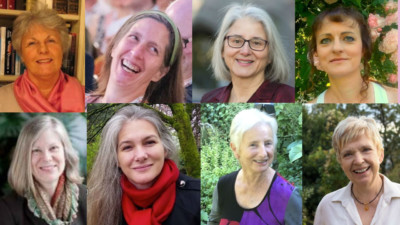
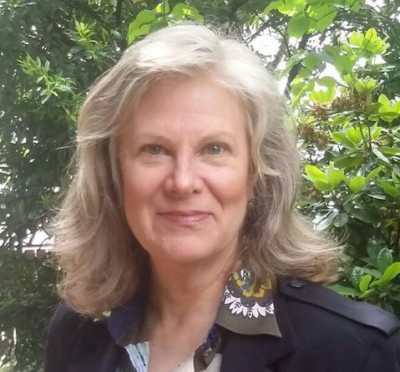
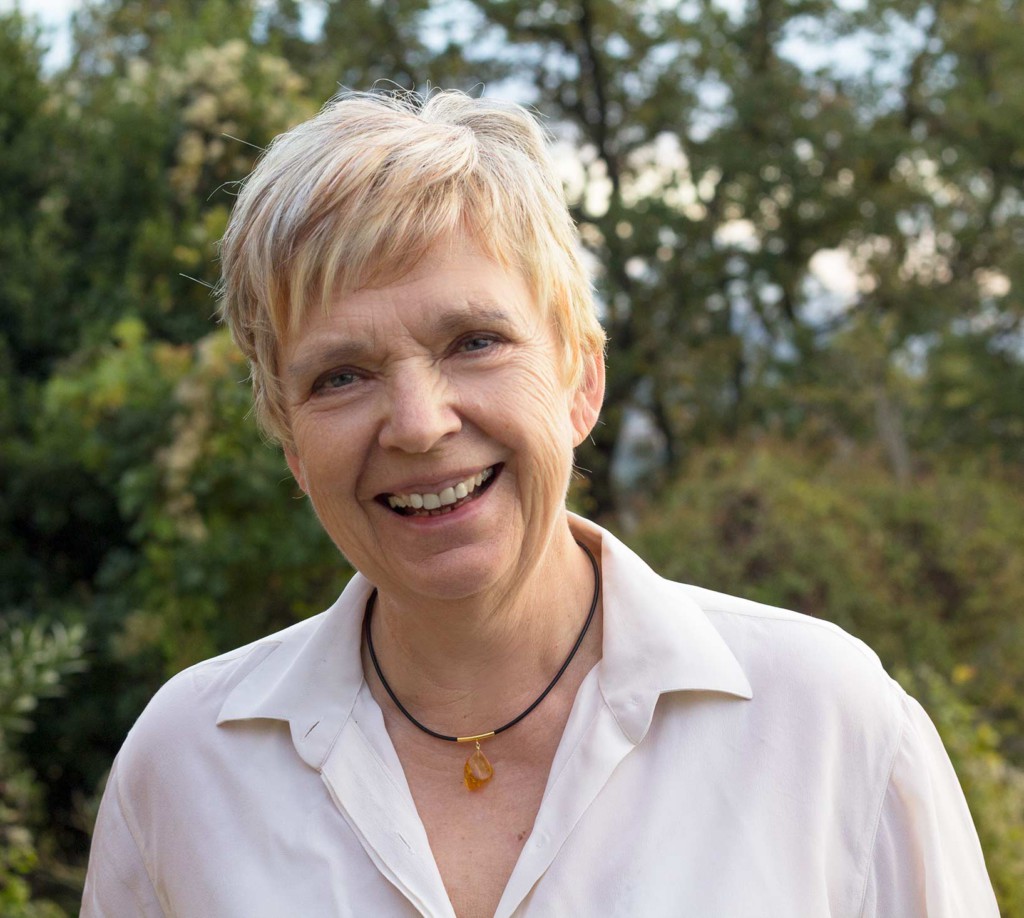
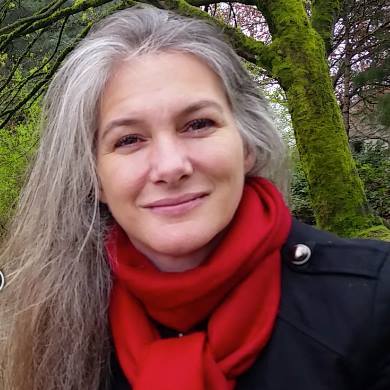
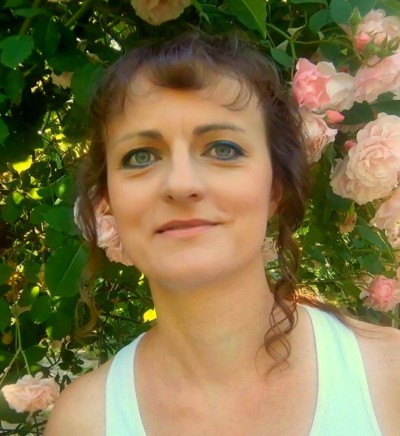
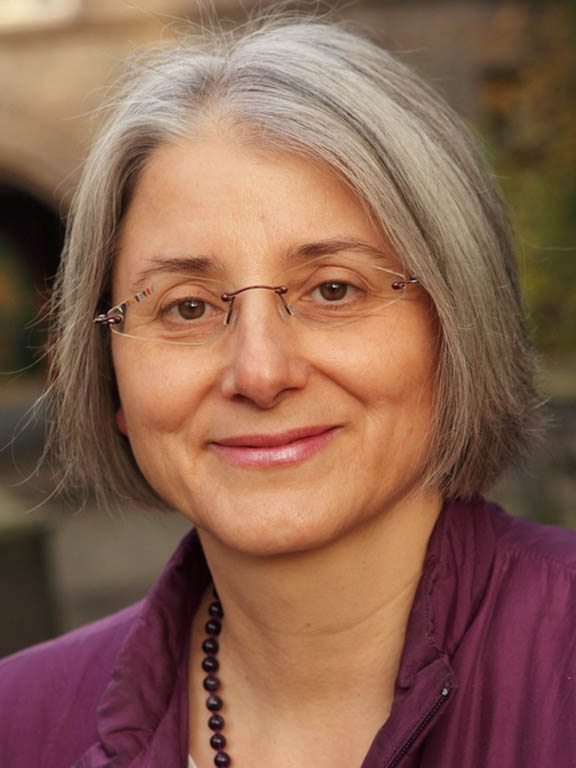
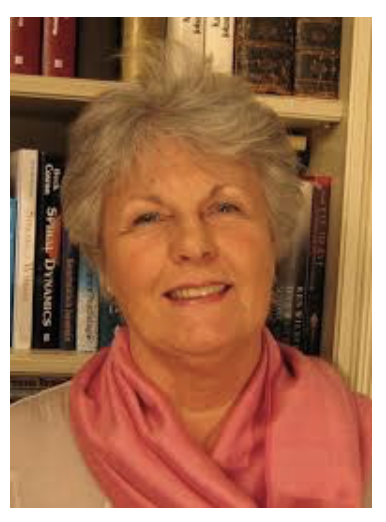
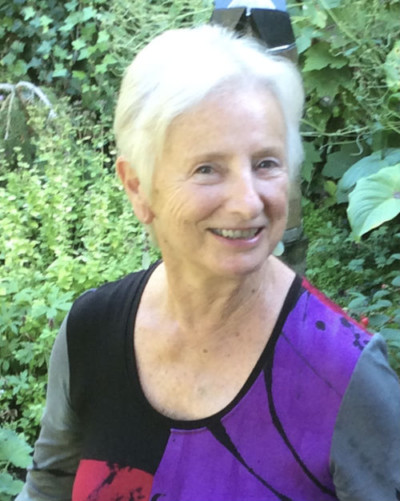
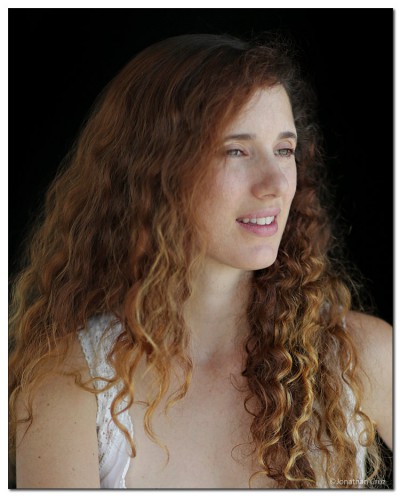
Leave A Comment